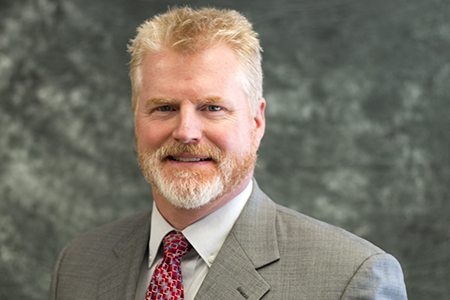Let's Talk Two Taboo Topics — Money And Politics
By Rob Wright, Chief Editor, Life Science Leader
Follow Me On Twitter @RfwrightLSL
 There are three things you should never talk about in polite company: religion, politics, and money. Still, I’d like to briefly discuss two of those — bear with me.
There are three things you should never talk about in polite company: religion, politics, and money. Still, I’d like to briefly discuss two of those — bear with me.
Alexandria Ocasio-Cortez, D-NY, frequently referred to by her initials, AOC, is a member of the U.S. House of Representatives from New York’s 14th district. She stunned the political establishment with her primary upset of Rep. Joseph Crowley, a 10-term incumbent, before beating Anthony Pappas, R-NY, in the Nov. 2018 general election. Since then, she has garnered attention for submitting the Green New Deal legislation, a proposed U.S. stimulation package aimed at addressing climate change and economic inequality. More recently, she has taken to targeting billionaires, calling every U.S. billionaire “a policy failure.” When Amazon announced it was pulling out of its planned NYC build, she claimed victory, tweeting, “New York & their neighbors defeated Amazon’s corporate greed, its worker exploitation, and the power of the richest man in the world.”
I don’t agree with AOC’s views on Amazon — or billionaires. Rather, it is my opinion that billionaires are part of the solution. Billionaires create millions of jobs. While much of the media (and politicians) focus on the size of a billionaire’s bank account, they conveniently forget all the good they do — beyond business. For example, Bill and Melinda Gates created the Gates Foundation to enhance healthcare and reduce extreme poverty, which it has. With the help of Warren Buffett, the three created the Giving Pledge, a commitment that now includes 40 of America’s wealthiest individuals planning to give more than half of their wealth away.
In biopharma, we have our share of billionaire entrepreneurs (e.g., R.J. Kirk, John Oyler, Leonard Schleifer, and George Yancopoulos), and I hope we see many more, because such is an indicator of successful therapeutic development. That said, most, if not all, likely wear the billionaire moniker uncomfortably. Why? Because they didn’t found their companies to get rich; they did so to make a difference. And yet, when their efforts proved successful, they were rewarded handsomely. While I don’t see anything wrong with this, you can bet, come the next presidential election, there will be a constituency that will. We must be prepared to defend our biopharma billionaire entrepreneurs, for they weren’t always wealthy when risking everything (and I do mean everything) to build a business.
The above execs (and fellow entrepreneurs) can likely relate to this month’s feature with Bassil Dahiyat, Ph.D., president, CEO, and cofounder of Xencor. During our interview, I remember Dahiyat reflecting on how his CV would look had he failed (i.e., graduated with a Ph.D. from CalTech, lost $100 million). Failure simply wasn’t an option. Saying that, he wasn’t advocating sticking with a bad business model no matter what, but recognizing when that model won’t work and why, and then figuring out how and when to pivot. It also means overcoming adversity. Dahiyat did both on his way to building a company today valued at a little under $2 billion. No, he’s not a billionaire (yet), but I sure hope he becomes one. Can you picture all the good he could do — beyond biopharma?
